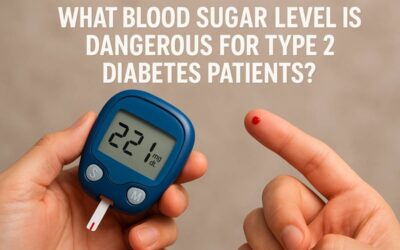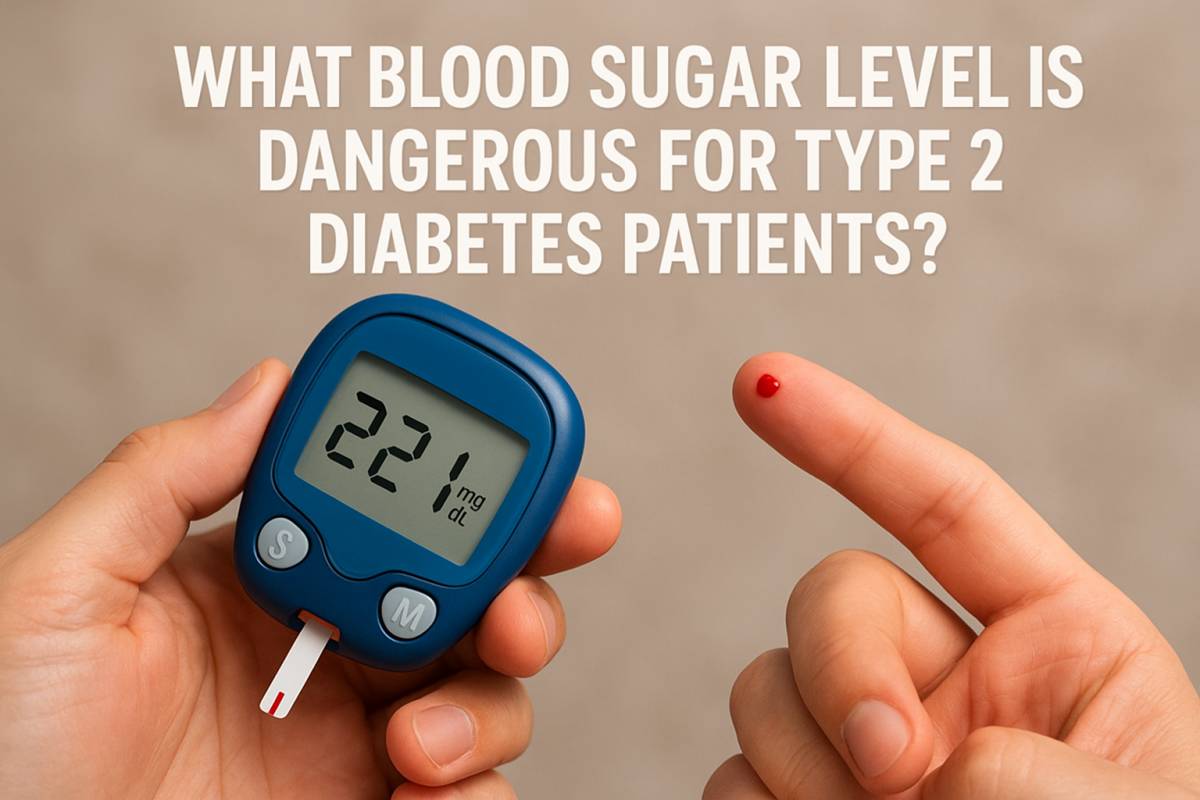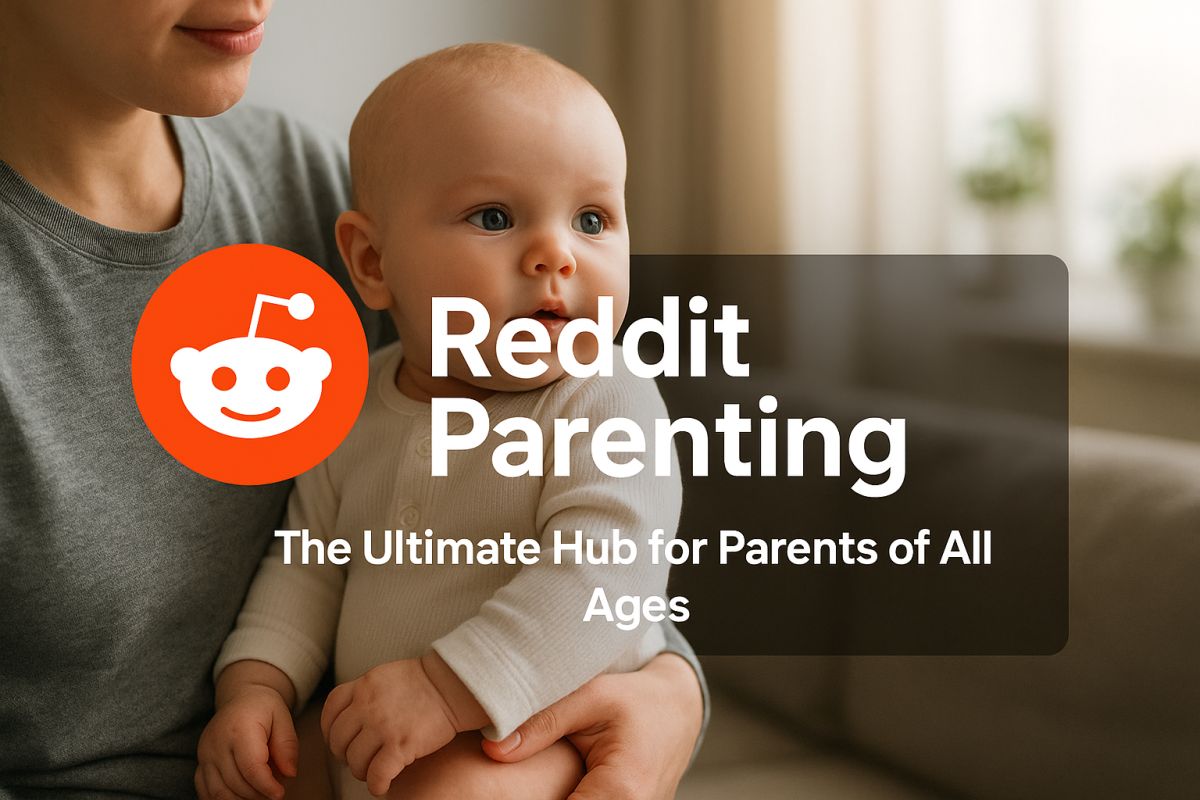5 Food Options That Can Help To Reduce Hair fall

Hair fall can be frustrating, but certain foods can nourish your hair and help prevent excessive shedding. Here are five food options that can contribute to healthier hair:
Eat These 5 Foods to Minimize Hair Fall
1. Salmon and Other Fatty Fish:
Salmon and other fatty fish like tuna, mackerel, and sardines are rich sources of omega-3 fatty acids. These healthy fats are crucial for hair growth. Omega-3s nourish hair follicles and promote a healthy scalp. They also help reduce inflammation, which can contribute to hair loss.
How Omega-3s Help:
- Nourish Hair Follicles: Omega-3s provide essential nutrients to the hair follicles, stimulating growth.
- Improve Scalp Health: They help maintain a healthy scalp by reducing inflammation and dryness.
- Increase Blood Flow: Better blood flow to the scalp delivers more nutrients to the hair follicles.
Incorporating Fatty Fish:
- Aim to eat fatty fish at least twice a week.
- You can also get omega-3s from plant-based sources like flaxseeds, chia seeds, and walnuts.
2. Spinach and Other Leafy Greens:
Spinach, kale, collard greens, and other leafy greens are packed with iron. Iron is essential for the production of hemoglobin, a protein in red blood cells that carries oxygen throughout the body, including to the hair follicles. Iron deficiency is a common cause of hair loss.
How Iron Helps:
- Oxygen Delivery: Iron ensures adequate oxygen supply to hair follicles, crucial for hair growth.
- Hair Pigment Production: Iron is involved in the production of melanin, the pigment that gives hair its color.
Incorporating Leafy Greens:
- Add leafy greens to salads, smoothies, and soups.
- You can also consume iron-rich foods like lentils, beans, and fortified cereals.
3. Eggs:
Eggs are a complete protein source, meaning they contain all the essential amino acids needed for hair growth. Protein is the building block of hair, and adequate protein intake is crucial for hair follicle growth and repair.
How Eggs Help:
- Provide Protein: Eggs are an excellent source of protein, essential for hair growth and repair.
- Biotin Rich: Eggs are rich in biotin, a B-vitamin that strengthens hair follicles and prevents breakage.
- Vitamin D Source: Eggs also contain vitamin D, which plays a role in hair follicle growth cycles.
Incorporating Eggs:
- Eat eggs for breakfast, lunch, or dinner.
- You can also use eggs in various dishes like omelets, scrambled eggs, and baked goods.
4. Sweet Potatoes:
Sweet potatoes are rich in beta-carotene, a plant pigment that the body converts into vitamin A. Vitamin A is essential for the production of sebum, an oily substance that keeps the scalp moisturized. A dry scalp can lead to hair breakage and hair loss.
How Vitamin A Helps:
- Sebum Production: Vitamin A supports the production of sebum, which moisturizes the scalp and prevents dryness.
- Hair Follicle Growth: Vitamin A also plays a crucial role in the growth and maintenance of hair follicles.
Incorporating Sweet Potatoes:
- Enjoy sweet potatoes baked, roasted, or mashed.
- You can also get vitamin A from other sources like carrots, spinach, and apricots.
5. Nuts and Seeds:
Nuts and seeds are excellent sources of zinc, selenium, and vitamin E. These nutrients are essential for hair health.
- Zinc: Zinc plays a crucial role in hair growth and repair. It helps in the production of new hair cells and prevents hair loss.
- Selenium: Selenium is an antioxidant that protects hair follicles from oxidative damage.
- Vitamin E: Vitamin E improves blood circulation to the scalp, delivering more nutrients to the hair follicles.
Incorporating Nuts and Seeds:
- You can add them to salads, yogurt, or trail mix.
- Include a variety of nuts and seeds in your diet, such as almonds, walnuts, sunflower seeds, and pumpkin seeds.
Incorporating these foods into your diet can contribute to healthier hair and potentially reduce hair fall. It’s important to note that while these foods can support hair health, they may not be effective for everyone. If you’re experiencing significant hair loss, it’s crucial to consult a doctor or dermatologist to determine the underlying cause and discuss appropriate treatment options.
Other Factors Affecting Hair Fall:
- Hormonal Changes: Hormonal fluctuations, such as those that occur during pregnancy, childbirth, and menopause, can cause hair loss.
- Medical Conditions: Certain medical conditions, such as thyroid disorders, autoimmune diseases, and anemia, can also contribute to hair loss.
- Medications: Some medications, such as chemotherapy drugs and blood thinners, can cause hair loss as a side effect.
- Stress: Excessive stress can disrupt the hair growth cycle and lead to hair loss.
If you’re experiencing significant hair loss, it’s crucial to consult a doctor or dermatologist to determine the underlying cause and discuss appropriate treatment options.
Disclaimer: This information is for general knowledge and informational purposes only and does not constitute medical advice.








